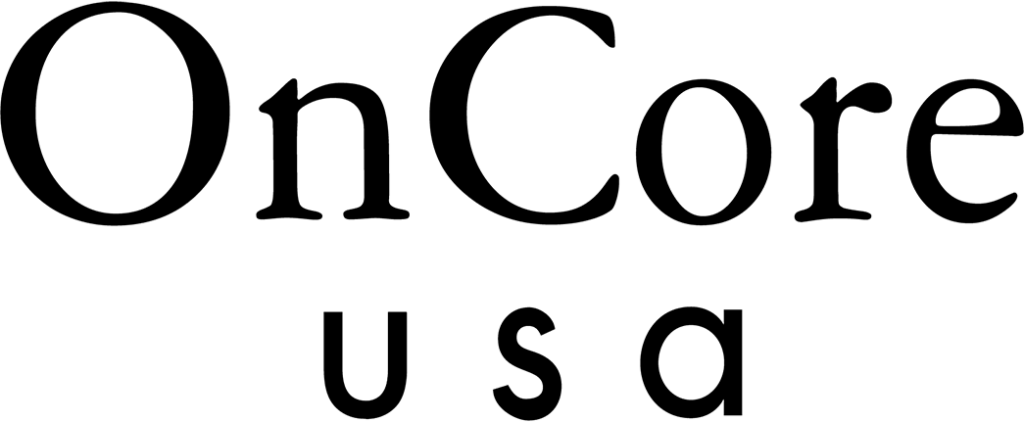
Recruitment Trends for 2019
As workers navigate through the job search process, it is important to note the many things that have evolved over the years. For example, people used to mail their resumes out or hand deliver them to the place they were applying to work. Today, most applications are completed online, with job boards adding hundreds of new opportunities daily and recruiters working hard to help candidates find great positions. People can learn a lot about the companies they are applying to online — both through the company’s website and on social media/other websites that allow past employees to review their experience. Many job seekers are looking for a position that not only they can serve well, but that also suits them, as well as their needs and lifestyle. Because of this, candidates are, in most recent years, often treated not just like a candidate but as a customer, and this is a major way the recruitment process has changed.
For a while, many companies promoted their organization’s culture as “fun” and “relaxed” when recruiting for new employees. In an effort to appeal to a new generational demographic and get the attention of what they hoped would be their perfect candidates: they touted casual Fridays, unlimited PTO and open policies on beer and shenanigans in the office. While all this sounds fun, there was a paradigm shift as employers realized that maybe that was not ultimately the kind of people they wanted working for them. And, furthermore, it was not the kind of person the candidates were seeking to be at work. This market shift leads to another style of recruitment, away from office culture and more towards the candidate’s needs.
So, are you offering candidates what they need and want? The following are three trends that are driving the recruitment game this year and things many candidates are probably seeking as they search for a new job.
Skill development: People want to be able to continue to grow and expand their skills, both the ones directly related to the work they do and the “soft” skills they need to be great employees. The opportunity for advancement feels more possible for workers when they feel they are able to expand their skills and grow their knowledge and experience. Making an investment in your employees’ education and training goes a long way in showing them you support their goals. Discussing your support for their skill development in areas they care about can be a great way to attract top talent. Instead of allowing people to drink of Fridays — encourage them to pursue an online course or allow time for networking opportunities and informational interviews. Increasing their exposure and expanding engagement in this way only stands to benefit you.
Flexibility: Because of technological advancements, a typical 9-5 workday is no longer fully necessary for productivity. In fact, depending on the type of job you have, it could even stand to hinder and stifle one’s performance. Many people understand that they have a job to do and work that needs to get done, but they also have a heightened sense of time management and the ability to multitask. Giving employees flexibility when it comes to hours and time “in the office” may not be possible for some employers, but a little flexibility in work schedules can go a long way to create happier employees. Of course, too much freedom given to the wrong person can, of course, be detrimental if abused, but once you establish trust with your workers and identify their strengths, it could be beneficial for you to allow them to dictate (or at least provide input) to the structure of their days.
Transparency: Candidates value honesty and transparency, and will continue to value these things after they are hired. Companies who are more up-front and honest about salaries and the hiring process can be a greater draw to job searchers. And, because a lot of this information may be available to candidates online (and in advance of the interview), honesty can be vital here. Candidates also want to feel heard, so ensuring they understand any policies or procedures to how your company operates with new ideas, in-office communication or hierarchy is also important. Give them an honest idea of how things work, every from the hierarchy to the pay to the expectations of the position. The more direct you are about nuances and structure, the more likely you are to secure a “good-fit” and someone who not only is who you want to having working for you, but who wants to work for you.




